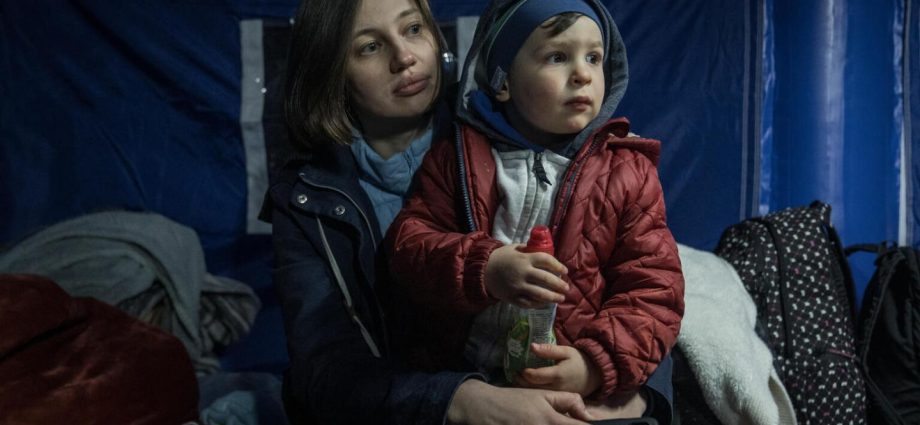Contents
Coping with stress during a crisis is not easy even for mature individuals — let alone children. After all, their defense mechanisms are not so well developed. What is aggravated is that children are in even greater uncertainty than we are — most often they do not understand economic and political issues and do not understand the general panic. How to help them?
For children, as well as for teenagers, the main reference point is their parents, Anna Bashovich, an educational psychologist, is sure. “They assess the situation through your reactions, not through their own analysis of the news feed. This is why it is so important to take care of yourself first. Children need calm adults,” she explains. What else does the expert recommend?
Talk
Even if the child is small, he still feels what you are experiencing. It is important to calm him down. Children tend to attribute blame to themselves for the state of mom and dad, which means they need to be explained that they are not to blame, that the reasons for frustration are not related to their actions. You can say, “There’s something like this in the world…” or “I’m worried because…”
Try to speak nonjudgmentally with teenagers, because they will probably want to repeat your point of view at school, and this can provoke conflicts in the team. But talking is a must. Not knowing or feeling that something is being hidden causes even more anxiety.
“Hushing up disturbs children much more than the events themselves, which adults do not dare to talk about,” confirms child psychologist Anna Utkina. — If something is not spoken directly, but the child guesses or has partial, distorted information, this gives food for imagination. Explain at the level at which the child is now ready to perceive. Don’t go into details and don’t exaggerate — just the facts.»
Move away from the details of the case to the feelings
According to Anna Bashovich, it is important that you show by your own example that it is normal to experience a variety of emotions. And also that you are serious and respectful of any feelings of the child. Sometimes children may not even realize that they are nervous, so in any case, try to create a warm atmosphere at home.
Stick to your usual schedule
Routine activities will give a sense of stability and security not only to you, but also to your child.
Spend more time together
To stray into a flock is an ancient instinct that works flawlessly. Play board games together, watch cartoons/movies, cook. It will also be good if you find time to read together — it is very important now to read, for example, Moomin and the Comet. It has been proven that reading aloud to a loved one has a positive effect even on adults.
Do not forget to go out: play sports together, walk. And of course, just hug!










